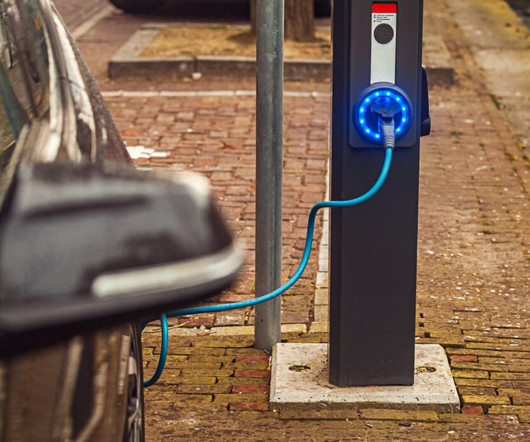UC report to CalEPA outlines policy options to decarbonize California transportation by 2045
Green Car Congress
APRIL 22, 2021
A team of transportation and policy experts from the University of California released a report to the California Environmental Protection Agency (CalEPA) outlining policy options to significantly reduce transportation-related fossil fuel demand and emissions. Doing so requires urgent actions and a long-term perspective.
















Let's personalize your content